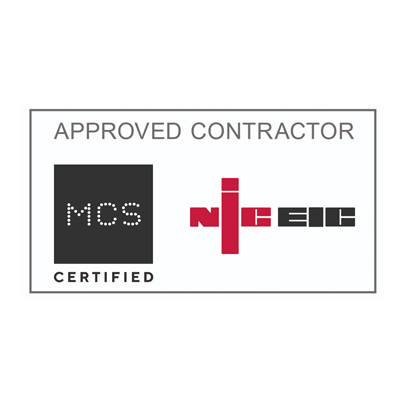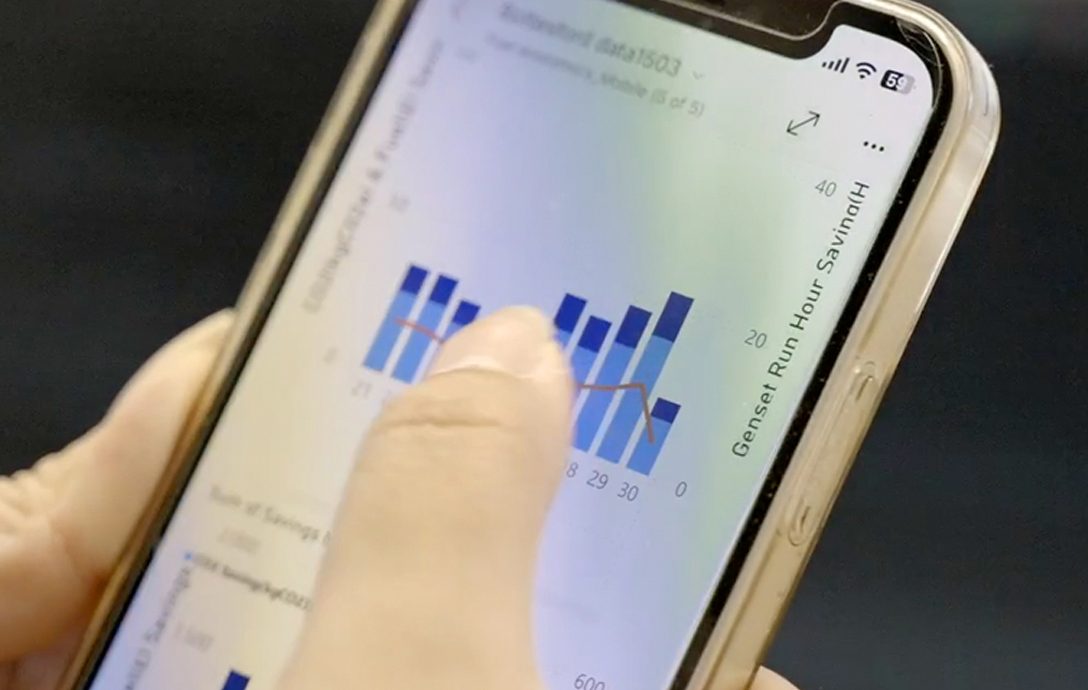January 15, 2025
Powering Up: The Benefits of Lightweight Solar Panels for Commercial Buildings

Here at Solivus, we detail the advantages of installing lightweight solar panels onto the rooftops of your commercial buildings and explain how this benefits your organisation.
Currently, an estimated 30% of commercial energy is wasted, and the result is a recipe for colossal energy use and hefty utility bills. Moreover, continued energy price volatility is making it even more expensive to operate commercial buildings.
Over 40% of commercial buildings are unable to take the weight of conventional solar, largely due to weight or fixing issues. Luckily, Solivus’ lightweight solar solutions provide the opportunity for commercial mega-buildings to adopt cleaner, greener ways of powering-up.
Solar 101
Understanding how solar energy works is essential for organisations considering the installation of lightweight solar panels on their commercial buildings.
Solar panels consist of photovoltaic cells which absorb sunlight and convert it into direct current (DC) electricity. This DC electricity is then converted into alternating current (AC) electricity using an inverter, which can be used to power various electrical devices in a building or on-site.
Cost savings and financial incentives
One of the key benefits of installing lightweight solar panels on commercial buildings is the potential for huge cost savings. Solar energy can significantly reduce an organisation’s electricity bills. It is estimated UK commercial buildings could save £35 Billion annually with solar installations, with lifetime savings reaching £703 billion.
In addition to saving money on electricity bills, organisations may also be eligible for financial incentives and tax credits when they install solar panels. These incentives can help offset the upfront costs of installing the solar panels and make the investment more financially attractive.
Environmental impact and sustainability
Solar energy is of course, a clean and renewable source of power, making it an environmentally friendly way to power commercial buildings. A recent report by the World Green Energy Council stated that ‘Every building on the planet must be ‘net zero carbon’ by 2050 to keep global warming below 2°C.’
As the global built environment attempts the steep climb to meeting the conditions of the Paris Agreement, in harnessing the power of the sun, organisations can contribute by reducing their reliance on fossil fuels and lower their carbon footprints, helping to mitigate climate change by reducing greenhouse gas emissions. Solivus’ recent installation at Farnborough Airport is currently generating up to 25% of the airport's energy, whilst saving over 5,000 tonnes of carbon and millions of pounds in energy bills over the project’s lifetime.
Using solar as an alternative power source helps to conserve natural resources and protect the environment for future generations. In recent years, there has been a clear target to increase solar capacity by nearly fivefold to 70GW by 2035 as part of wider plans to power up Britain with cleaner, cheaper and more secure energy sources. Yet, the large majority of commercial buildings – offering vast, unobstructed canvases for rooftop solar generation – simply aren’t being used.
Lightweight solar panels have a long lifespan and require minimal maintenance, making them a sustainable choice for businesses and organisations looking to cut costs and carbon emissions.
Energy independence and resilience
Installing lightweight solar panels on commercial buildings offers organisations increased energy independence and resilience. By generating their own electricity, organisations are less reliant on the grid. Battery solar storage systems, for example, can help operations continue during challenging environmental circumstances.
Additionally, solar energy can help organisations reduce their dependence on imported energy sources, enhancing energy security and reducing vulnerability to fluctuations in energy prices, which steadily increased across 2024.
Overall, the environmental benefits, carbon and cost savings enabled by lightweight solar panels makes them an extremely valuable asset for commercial buildings striving to achieve their Net Zero goals.
To find out more, Book a Call with the Solivus Team.
Related Articles

ACCREDITATIONS


















